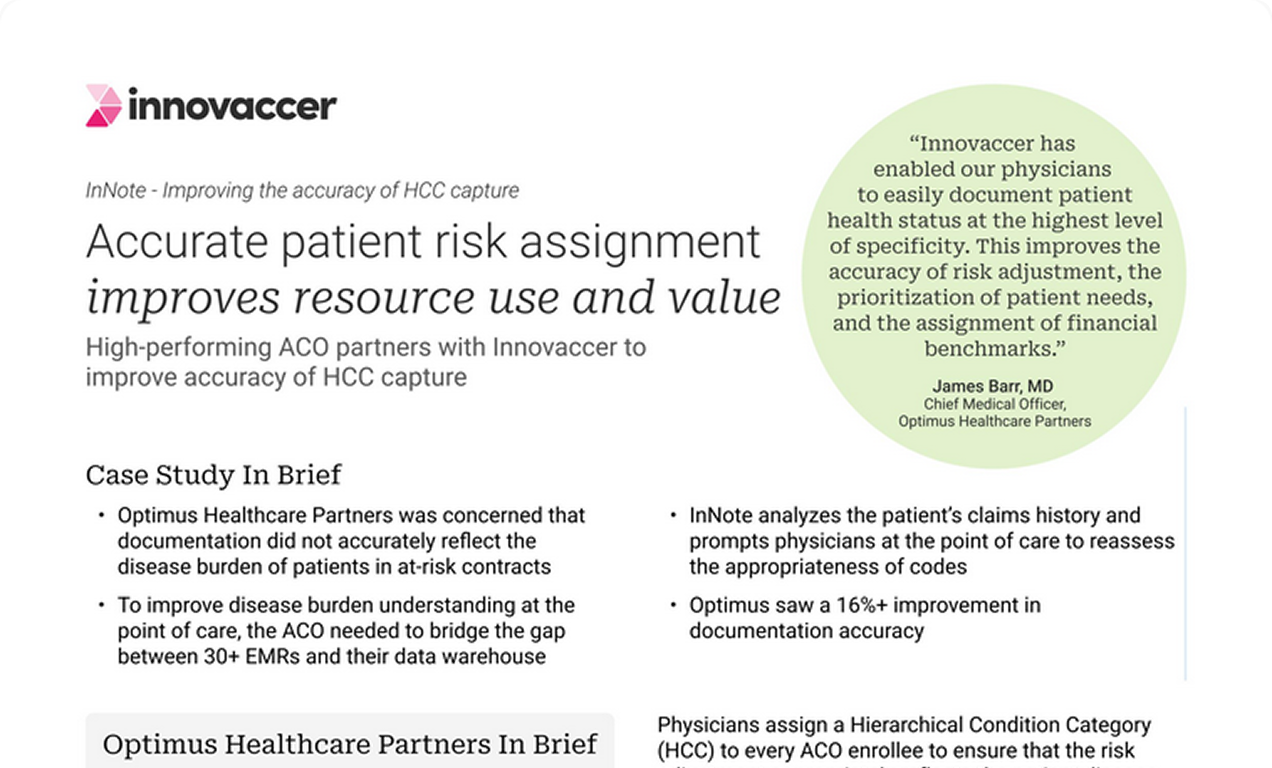The Physician Pay Crisis: Groundhog Day? Or Have We Hit Rock Bottom?

It's groundhog day again and it's unclear if we are going to bear the additional load or if this will be the one that breaks our backs.The recent CMS proposal to decrease physician pay by 2.8% in FY2025 is causing great concern. This potential pay cut is a stark reminder of the untenable position that physicians find themselves in. They're being asked to transform their practices even as they increasingly struggle to keep the lights on in the face of rising costs and increasing demand. While at the same time, there is hope for enhancing and expanding value-based care models with an emphasis on primary care and chronic care management.
The proposed pay cut, while alarming, could also serve as a catalyst to accelerate this transition. However, this update in policy feels like a step backward, reminiscent of the proverbial hamster wheel. Government policies are meant to help providers succeed with value-based care, but this proposal risks undermining it.
The proposal was met with criticism by both the American Medical Association (AMA) and the Medical Group Management Association (MGMA). The AMA noted in its rebuttal argument that the proposed pay cuts could exacerbate existing problems and reduce access to care, triggering a cascade of negative effects. This could be especially crucial in rural areas experiencing increasing physician burnout, and it could accelerate an exodus of providers from Medicare participation. We could also see physicians moving to part-time jobs or freelance work, opting for early retirement, or leaving the profession altogether. This exodus would lead to a reduction in healthcare capacity and increased inefficiency. Physicians have been struggling with the increase in administrative tasks and EHR documentation that takes their attention away from patient care.
To support physicians and make this transition work, it’s time to focus on compensating physicians appropriately, measuring quality and care delivery goals.
Value-Based Care Delivery Represents a Positive Future
Value-based care is promising but requires the right infrastructure, technology, and analytics tools to succeed. While results from CMS models have been mixed, evidence suggests that long-term participation leads to increased success, underscoring the importance of consistency and commitment in value-based care initiatives.
For value-based care to succeed, we need to continue the movement to migrate the system including:
- Refining financial benchmarks to accurately reflect the diverse patient populations served by ACOs
- Streamlining quality reporting to focus on meaningful, patient-centered metrics
- Providing more flexibility in risk-sharing arrangements to encourage broader participation
- Investing in technology infrastructure to support data-driven decision-making and care coordination
The shift to value-based care models, including the Medicare Shared Savings Program (MSSP), represents a future where physicians are adequately and appropriately rewarded for keeping patients healthy.
For example, The MSSP, while well-intentioned, has faced criticism for its complex benchmarking methodologies and demanding reporting requirements. Recent CMS proposals aim to address some of these issues, but they don't go far enough.
How Do We Get There? The Digital Prescription
As we navigate the complex landscape of value-based care, it's become increasingly clear that advanced digital tools are not just helpful – they're essential. The challenges of managing diverse patient populations across multiple care models are daunting, but the right technology, such as a unified data platform and population health management applications, can transform these obstacles into opportunities.
Take, for example, the Optimus Healthcare Partners ACO, which saw a 6.7% improvement in quality gap closure and over $1 million in potential annual incentive payments after implementing point-of-care digital prompts. This isn't just about efficiency – it's about fundamentally improving physician engagement, patient care, and outcomes.
The future of healthcare belongs to those who can harness the power of data to transform patient care and practice management. As providers, we must embrace platforms that seamlessly integrate with our workflows, offer actionable insights at the point of care, and simplify the complexities of value-based care programs. By doing so, we not only stand to improve our financial performance but, more importantly, we enhance our ability to deliver high-quality, patient-centered care. The transition to value-based care is not just a shift in payment models – it's an opportunity to redefine healthcare delivery for the better. The tools to succeed are at our fingertips. It's time we put them to use.


.png)






.avif)









.svg)
.svg)

.svg)

